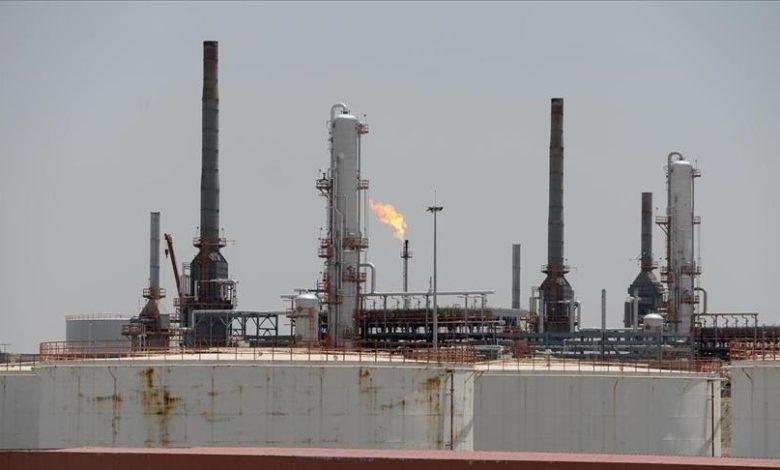Petroleum Products Fees Revenues Declining

Sudan Events – Rehab Abdullah
Former Minister of State in the Ministry of Oil, a consulting engineer, Ishaq Jumaa, has criticized the increase in cooking gas prices in a number of states in Sudan. He stated in his statement to (Sudan Events) that any increases in petroleum or domestic fuel do not contribute to solving the problem of the gap in current budget revenues.
He stressed that in these circumstances the government will resort to borrowing from the Central Bank temporarily, but he pointed out that this leads to an increase in the inflation rate
However, he acknowledged that it is the best remedy for coexistence with the situation.
Ishaq said that since the control center of the refinery was struck by the Rapid Support militia (RSF), the necessary needs of petroleum products have been provided through imports, noting that consumption of petroleum products has decreased significantly as a result of the war, due to the disruption of many industries and all types of transportation, and also as a result of the rebels looting citizens’ vehicles, and the ones which were not looted,
were stored in safe places and the level of movement was weak. This indicates that all economic activities that consume energy, i.e. petroleum products, are now at their lowest levels of consumption. He stressed that this decline in consumption leads to a decline in the state’s revenues from petroleum product fees in the budget. Ishaq believed that this is a war budget and the provision of petroleum products represents a priority for war activity, pointing out that managing the economy in these circumstances requires experience and knowledge of the art of economics and not the traditional means used in the traditional budget in normal circumstances.
In October 2023, the Sudanese Minister of Finance said that the war had caused state revenues to fall to less than a third.
Al Jailly refinery covered about 75 percent of Sudan’s benzene consumption and about 50 percent of gasoline, and the deficit was covered by imports from abroad, according to official estimates.



